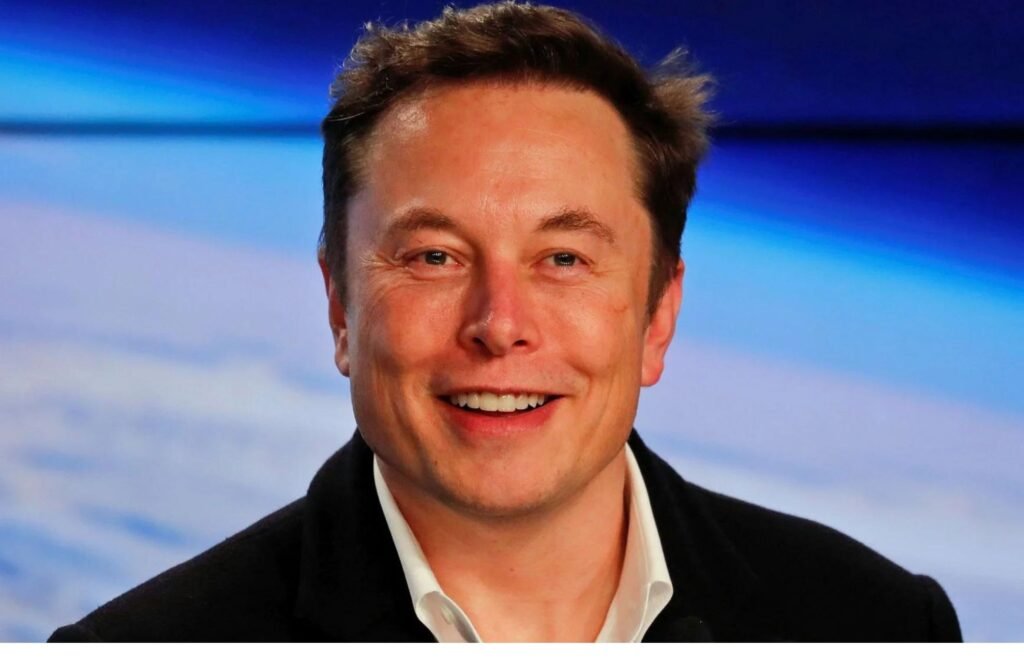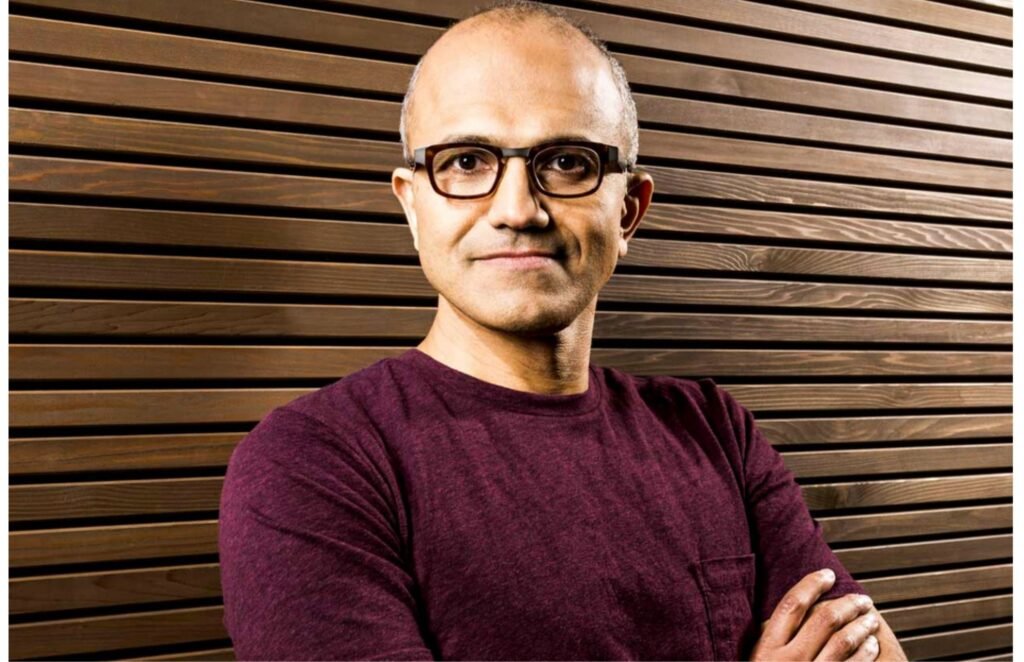Most of us are creatures of habit, preferring to do what we know, what is comfortable, and what is simple. We do not bother changing our ways because it takes a lot of effort. Leadership is a journey of continuous growth and adaptation, and developing a changed mindset is one of the most transformative aspects of leadership style. A changed mindset enables leaders to see the world in new ways, to face challenges with resilience, and to inspire their teams with empathy and adaptability.
Making different choices can lead to improved lives, which is the essence of a change mindset. It all comes down to being open to new ideas and new ways of doing things. You are more likely to succeed in making positive changes in your life if you have a change mindset. Changing one’s mindset is not always easy, but it is always worthwhile. This article will look at the concept of a changed mindset for leaders, its benefits, development strategies, and real-world examples of successful transformations.
Understanding the Changed Mindset
A changed mindset is more than a buzzword; it is a fundamental shift in how leaders approach their roles and responsibilities. Leaders with a growth mindset understand that they can change over time and are thus more open to reflecting on, learning from, and growing from challenges. Because failure is less frightening to them, they are more willing to face life’s challenges, accept feedback as a learning opportunity, and continue to learn and grow throughout their lives. It entails breaking free from conventional thought patterns and embracing new perspectives on problems, opportunities, and people. Leaders with a changed mindset are open to innovation, growth, and continuous improvement.
Strategies for Developing a Changed Mindset
Changing your mindset is a process that takes time and dedication. Here are some practical strategies to assist leaders in developing a new mindset:
- Embracing Continuous Learning
It promotes a growth mindset in which failures are viewed as learning experiences and setbacks are viewed as stepping stones to success. Leaders who commit to lifelong learning have a better chance of developing a new mindset. They are exposed to new ideas, perspectives, and approaches through learning. It is similar to adding new colors to an artist’s palette, allowing leaders to develop more vibrant solutions. When leaders embrace a growth mindset and invest in continuous learning and training, they can maximize their potential, achieve greater success, and leave a lasting impact.
- Building Resilience
Resilience is the ability to bounce back from setbacks and adversity. Leaders with a growth mindset develop resilience and shift their perspective from viewing challenges or obstacles as threats to seeing them as opportunities for learning and growth much more effectively than those with a fixed mindset. Leaders with a different mindset view failure as an opportunity to learn and grow. Rather than seeing challenges as obstacles, they see them as stepping stones to success.
- Cultivating Empathy
Empathetic leaders are more successful because empathy is a fundamental component of effective leadership qualities. Empathetic leadership entails understanding others’ needs and being aware of their feelings and thoughts. Leaders with different mindsets genuinely care about the well-being of their team members and understand their perspectives. Empathy promotes trust and collaboration. According to research, managers viewed leaders who practiced empathetic leadership toward direct reports as better performers.
- Fostering Adaptability
Adaptability is essential in a world that is constantly changing. Leaders must be open to pivoting, adjusting, and embracing change. A different frame of mind makes it easier to navigate uncertainty and seize new opportunities. Continuous learning, regular self-assessment, and adaptability are critical for long-term change mindset maintenance. Leaders must seek ongoing education, be open to feedback, and be willing to adapt their strategies in response to new challenges and opportunities.
Case Studies of Leaders with Changed Mindsets
Let’s look at some real-life examples of leaders who successfully transformed their mindsets:
Elon Musk: From Risk-Averse to Bold Visionary

Pic Courtesy: businessinsider.de
Elon Musk, CEO of SpaceX and Tesla, was once fearful of taking risks, but he is now a daring visionary on a remarkable journey that has captured the world’s attention. However, he evolved into a visionary leader who dared to pursue audacious goals such as Mars colonization. Rather than focusing solely on money, Musk is motivated to create game-changing ideas that will shape the future of transportation. It was partly his willingness to tackle complex problems that less risk-averse entrepreneurs would shy away from that has shaped Musk’s strategic mindset. His changed mindset enabled him to upend entire industries.
Satya Nadella: From Hierarchical to Collaborative

Pic Courtesy: techlomedia.in
Microsoft CEO Satya Nadella has led a remarkable transformation in the company’s culture, transforming it from a hierarchical structure to a more collaborative and innovative one. His leadership style is characterized by a focus on fostering a growth mindset and inclusivity. Nadella is a firm believer in the power of positive leadership, emphasizing concepts such as “growth mindset” and “empathy.” His approach entails understanding and meeting Microsoft’s customers’ needs, making customer focus a key component of his leadership style. His changed mindset revitalized Microsoft and increased its competitiveness.
Carol Dweck: From a Professor to a Psychotherapist

Pic Courtesy: scottbarrykaufman.com
Carol Dweck is a well-known American psychologist known for her seminal work on mindset theory. She is currently the Lewis and Virginia Eaton Professor of Psychology at Stanford, where she has made significant contributions to developmental psychology, social psychology, and personality psychology. Dweck is best known for her work on the concept of mindset, specifically the distinction between fixed and growth mindsets. Her groundbreaking research has shown how an individual’s mindset can have a significant impact on motivation, learning, and overall achievement.
Jeff Bezos (Amazon): From a Visionary Founder of Amazon to a Tech Innovator

Pic Courtesy: news.sky.com
Jeff Bezos is a well-known figure in the business and technology worlds. He founded Amazon, one of the world’s largest and most influential e-commerce and technology firms. Bezos founded Amazon in 1994 as an online bookstore and has since grown it into a global conglomerate that provides a diverse range of products and services ranging from retail to cloud computing to artificial intelligence. His foresight and unwavering focus on customer satisfaction have been critical to Amazon’s phenomenal success. Bezos is well-known for his long-term thinking, innovation, and risk-taking, as well as his ability to disrupt traditional industries such as retail, publishing, and entertainment. He was Amazon’s CEO for many years, during which time the company grew into a tech behemoth.
The Journey to a Changed Mindset
It is critical to recognize that developing a new mindset is an ongoing process. It is not something you accomplish once and then forget about. Leaders must constantly cultivate their new mindset to remain relevant and effective.
Measuring Progress and Success
To track your progress, use metrics like team engagement, innovation rates, and personal growth. Ask yourself: Are you inspiring your team? Are you solving problems more creatively? Are you adapting to change effectively? These indicators can gauge your success in developing a new mindset.
Conclusion
A changed mindset is a valuable asset in the world of leadership qualities. It gives leaders the ability to innovate, grow, and inspire others. Through overcoming resistance, adopting continuous learning, building resilience, cultivating empathy, and fostering adaptability, leaders can transform themselves, their teams, and their organizations. Remember, leadership is not a fixed destination but an ongoing voyage of growth, and by fostering a growth mindset and implementing a well-thought-out action plan, you can continue to evolve and inspire positive change in yourself and those you lead.




